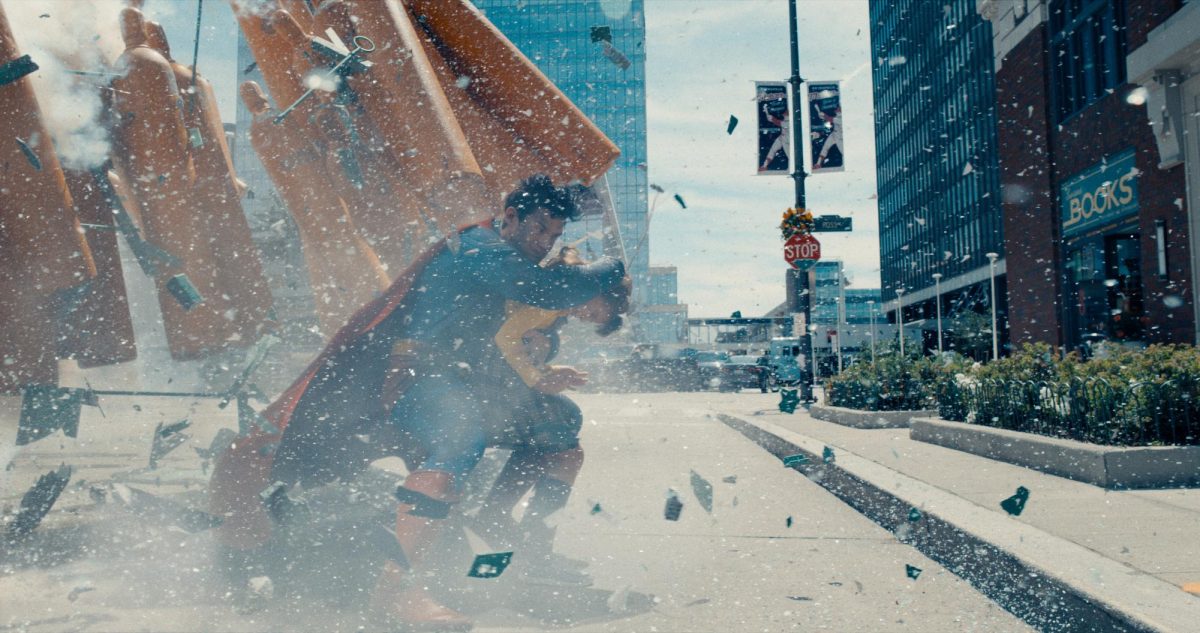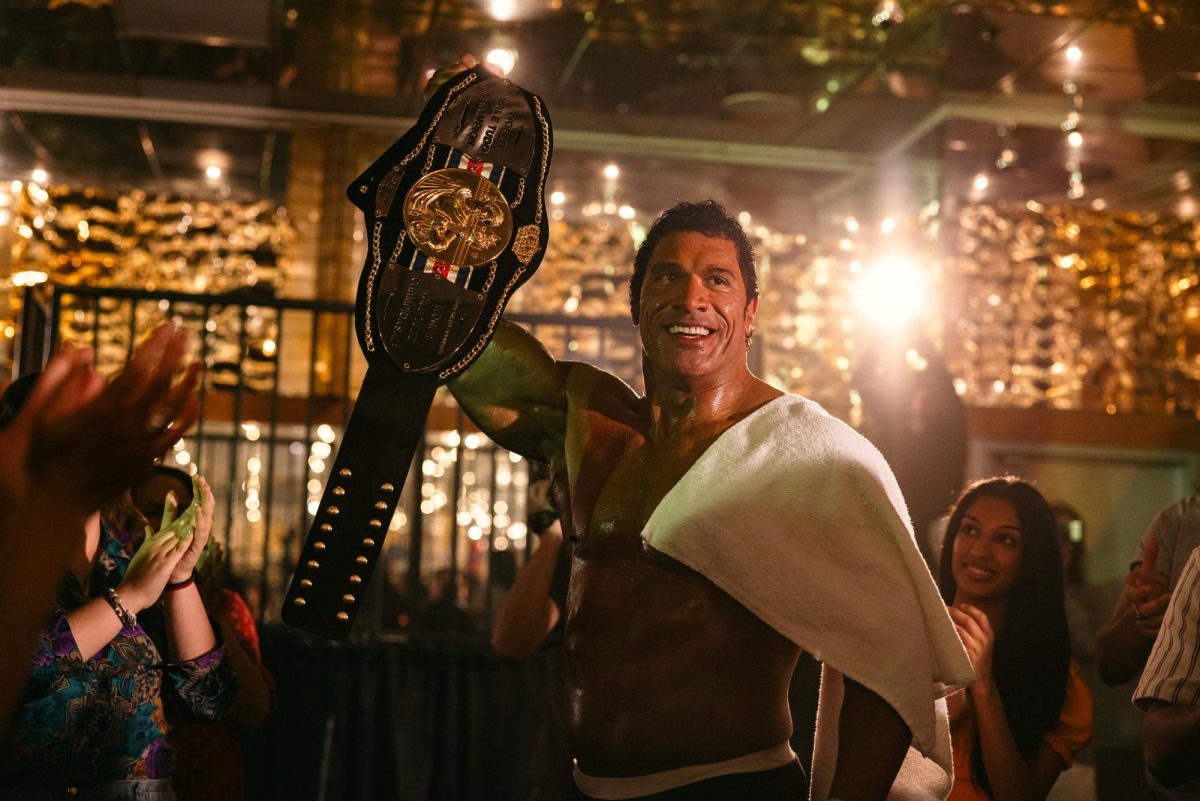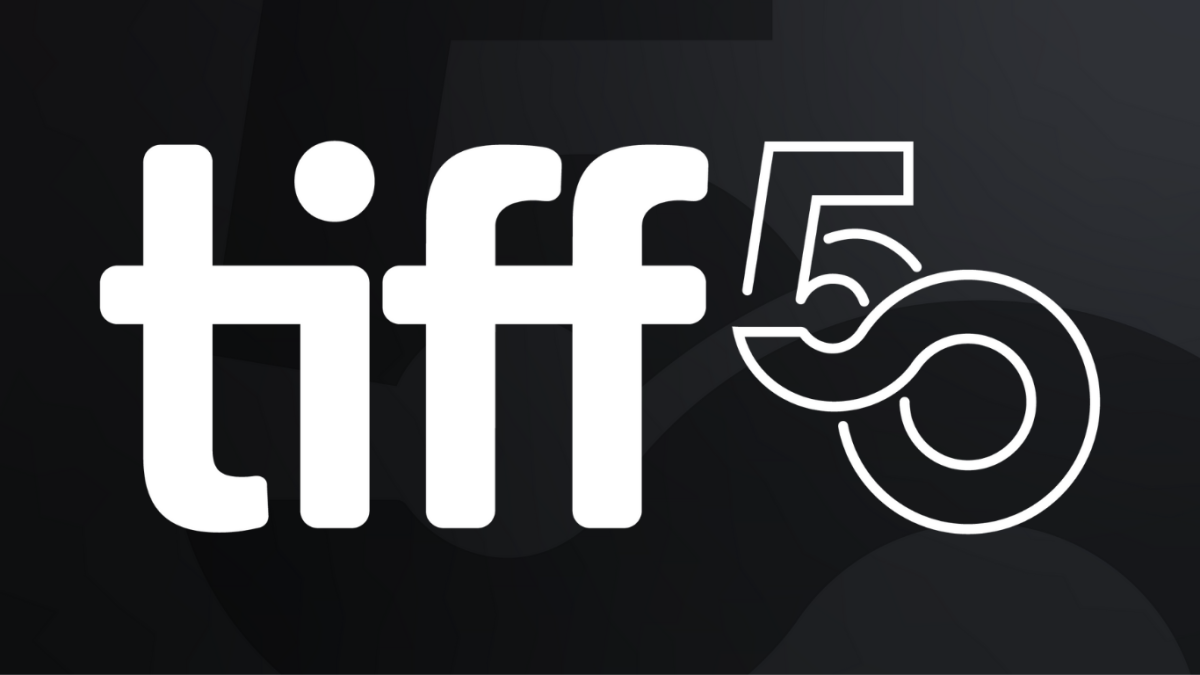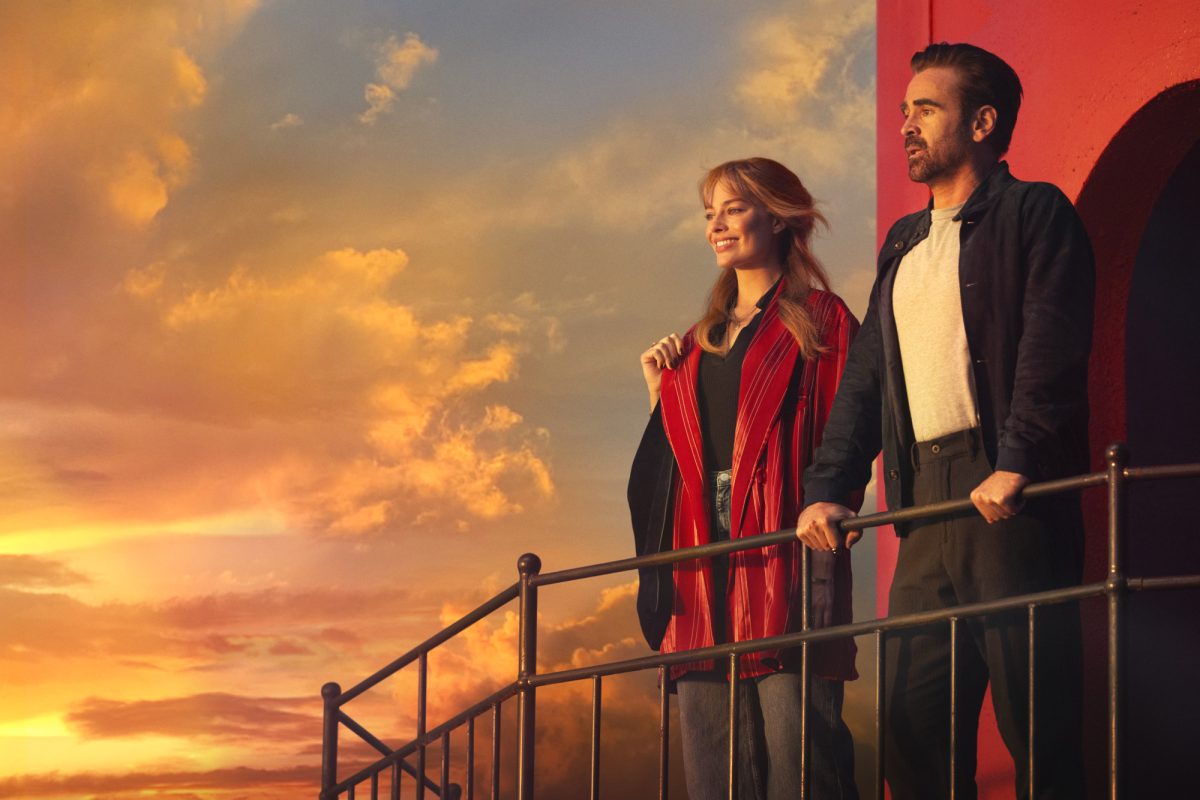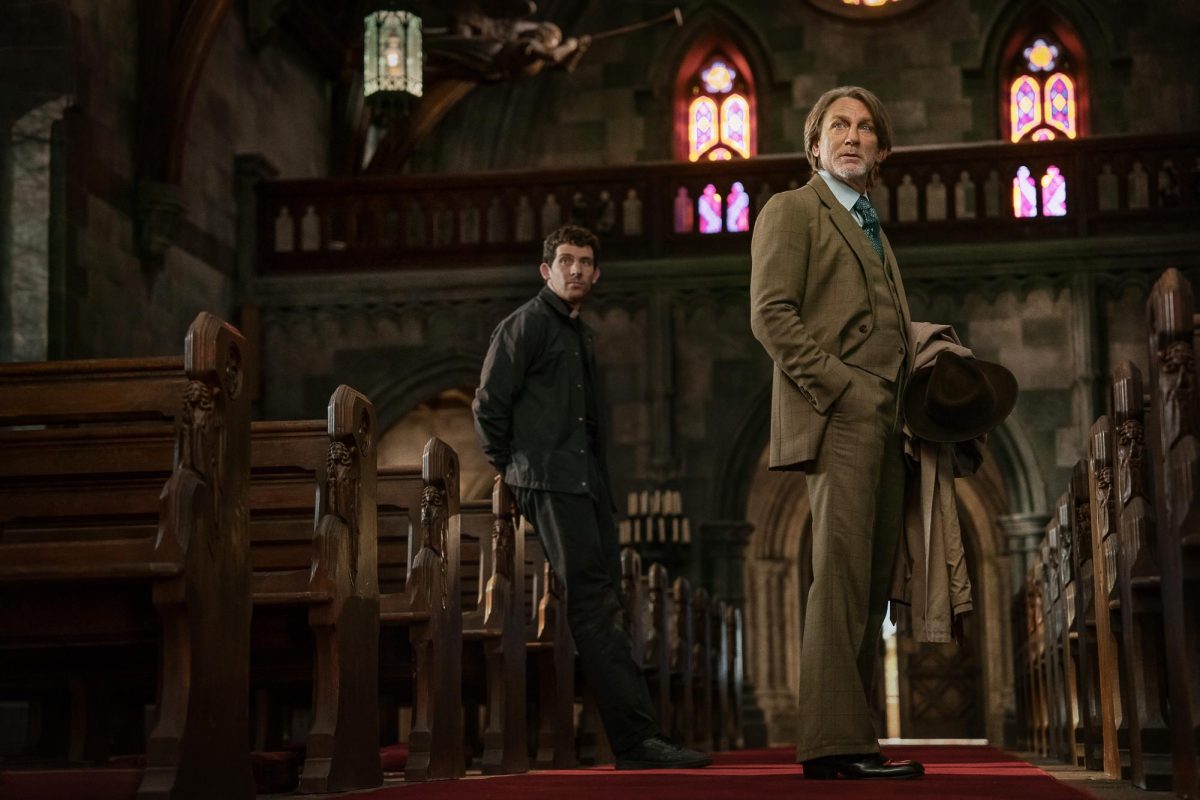Art never exists within a vacuum, and that extends to Hollywood blockbusters. The commercial success of a gravely dark Batman movie, “The Dark Knight,” gave DC Comics the confidence to hand the keys of its cinematic kingdom, including Superman, to Zack Snyder. Snyder saw the DC superheroes as tormented deities rather than everyday heroes. Grimmer than the fairy tales from the famous German brothers, his films are the opposite of “summer fun.”
DC blinked, and bursting onto the scene as the ultimate course correction to the DC Universe is James Gunn’s boldly titled “Superman.” It’s not a coincidence that the opening studio logos feature a bright background, a cheerful animated version of Superman, and a tinge of John Williams’ iconic score. As his Kryptonian parents state in their farewell video message, Superman (David Corenswet) has been put on Earth because it’s the place where he can do the most good. And boy, were they right.
This Earth also has its own Eastern European crisis, with Superman intervening when one side invades the other. He did so in the name of saving lives and potentially stopping an impending war. By doing so, he violated several international laws and established himself as judge, jury, and executioner to those who can spin the truth.
Similar to “Captain America: Civil War” and Zack Snyder’s approach in “Batman v Superman: Dawn of Justice,” Gunn investigates the naivete of simply doing good in a modern world that perpetually proves that it can play devil’s advocate. Lex Luthor (Nicholas Hoult) is their Devil, pulling the strings on a multi-pronged hit on Superman’s public image. What good is a beacon of hope when people stop believing in it?
This central idea, the symbolism of Jerry Siegel and Joe Shuster’s classic character, is the film’s greatest asset, especially with Gunn opting to go straight for the heart of the matter by placing this story slightly later in the timeline. Superman is the people’s champion, with street vendors rushing to pick him up when he crashes into the ground and kids waving his symbol as a means to ward off evil. But he’s now stuck between a rock and a hard place, with every decision taking two steps forward, three steps back.
What’s disappointing is watching that kernel get drowned by an onslaught of extra characters, side plots, and bloated set pieces. It’s all in the name of fun, but too much fun can be a bad thing. Just outside the main troupe of characters is the Justice Gang (sounds like an opportunity for a future name change): a trio of Guy Gardener, Hawkgirl and Mr. Terrific (with his terrific tennis balls); Metamorpho; Luthor’s henchman Ultraman and The Engineer; and all the staff at The Daily Planet. Their role is to deliver the copious amounts of exposition required to keep this flying locomotive on the tracks, explaining what just happened and what will happen. There’s also Krypto the Superdog, lending comedic relief at every turn. Your tolerance of his antics will depend on how much you like dogs (hint: I’m more of a cat person).
All of this culminates in a final stretch that attempts to serve everything and everyone mentioned, dropping nuggets for what’s to come next in the new era of the DC Extended Universe. Gunn mostly succeeds in juggling all these haphazardly thrown balls, but he doesn’t excel enough to make me crave more. If he had focused on one ball, it would have been a slam dunk. You miss every shot you don’t take, but there comes a point where you’re just chucking at the wall.
Corenswet is quite the discovery as our titular hero, exuding a boyish charm and optimism that skipped over Henry Cavill. He wears the big red logo proudly, which Gunn prominently shows off every time he leaps through the sky. The visual effects that encapsulate him during those high-flying effects are well done, carrying a goofy, offbeat energy reminiscent of his “Guardians of the Galaxy” films. Luthor’s brain is often stronger than Superman’s brawn, with Hoult capturing the megalomania required to take on such a formidable adversary. He’s punchable as he throws tantrums, consumes himself with envy, and belittles everyone around him. Rachel Brosnahan’s Lois Lane is underserved by the rushed nature of her relationship with Clark Kent/Superman, but she still manages to make a good impression.
So, here we are, back to square one. A decade’s worth of DC films have been thrown in the trash (good riddance, I mostly say). In his overeagerness to be liked and do everything, everywhere, all at once, Gunn may have placed the cart before the horse, but he also swings the door wide open to a universe with endless possibilities. Now we just have to wait and see if the juice will be worth the squeeze.
Hunter Friesen is a film critic who owns and operates The Cinema Dispatch, a website where he writes reviews, essays, and more. He currently serves as the president of the Minnesota Film Critics Association and travels the globe covering film festivals both big and small. To view his entire body of work, you can visit his website and Instagram.

